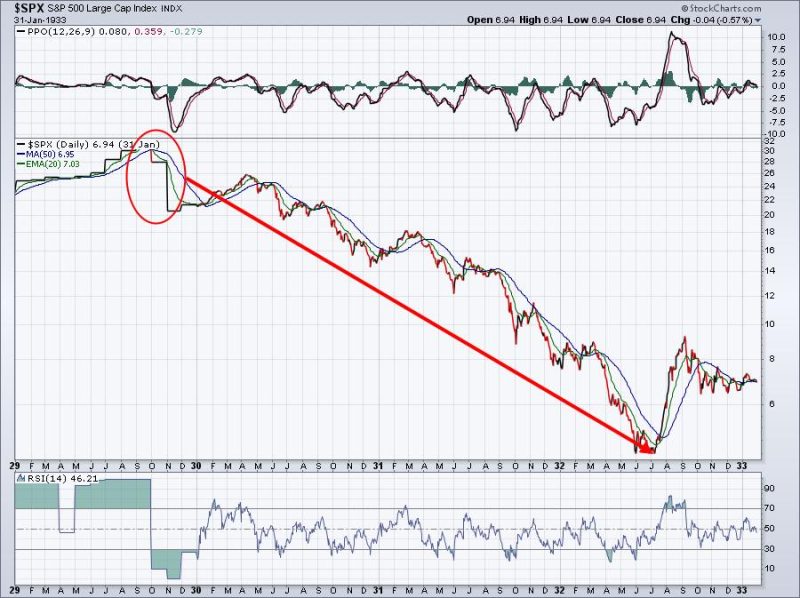With the U.S. stocks showing signs of volatility and instability in recent times, investors are on high alert for a possible crash in October. The current economic landscape, both domestically and globally, presents various factors that could contribute to a potential stock market downturn. From inflation concerns and Federal Reserve policy shifts to geopolitical tensions and the ongoing COVID-19 pandemic, there are multiple areas of uncertainty that could trigger a significant market correction.
Inflation has emerged as a key concern for investors, with consumer prices surging in the U.S. amid supply chain disruptions and rising energy costs. The Federal Reserve has been closely monitoring these developments and has signaled a willingness to tighten monetary policy to combat inflation. This prospect of higher interest rates has spooked investors, as it could dampen economic growth and reduce corporate earnings, leading to a sell-off in stocks.
Geopolitical tensions also pose a risk to the stock market, with ongoing disputes between major global powers such as the U.S., China, and Russia. Trade conflicts, sanctions, and military actions can have far-reaching implications on the economy and financial markets, as they disrupt supply chains, increase costs, and create uncertainty among investors. Any escalation in geopolitical tensions could trigger a flight to safety and a sell-off in risk assets like stocks.
The COVID-19 pandemic continues to cast a shadow over the stock market, as new variants and uneven vaccination rates pose a threat to the global economic recovery. Restrictions on travel and business activity could derail the fragile economic growth and weigh on corporate profits, leading to a downturn in stock prices. The uncertainty surrounding the pandemic and its long-term impact on the economy remain a significant risk for investors.
Moreover, the technical indicators in the stock market are also pointing towards a potential correction. The current high valuations and overbought conditions in many stocks suggest that a pullback may be overdue. The lack of significant market corrections in recent years has led to complacency among investors, who may be unprepared for a sudden downturn in stock prices.
In conclusion, while it is impossible to predict the exact timing and magnitude of a potential stock market crash, investors should remain vigilant and prepared for heightened volatility in the coming months. By diversifying their portfolios, staying informed about economic developments, and having a disciplined investment strategy, investors can mitigate the risks associated with a possible downturn in U.S. stocks.

